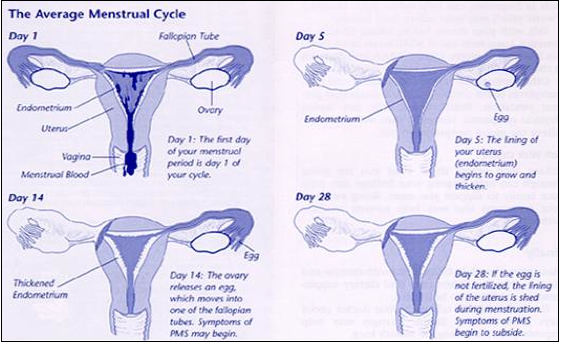
Girls who begin menstruating before they are 12 years old show more symptoms of depression than those who get their periods later, a new British study says.
Researchers at the University of Bristol, located 190 km west of London, reviewed the cases of 2,184 girls who are part of a long-term study known as the Avon Longitudinal Study of Parents and Children.
The average age girls in the study got their periods was 12 years and six months.
The researchers found the girls who began manstruating before the age of 11.5 had the highest levels of depressive symptoms by the ages of 13 and 14, while girls who got their periods later had the lowest levels.
“Our study found that girls who mature early are more vulnerable to developing depressive symptoms by the time they reach their mid-teens. This suggests that later maturation may be protective against psychological distress,” lead researcher Dr. Carol Joinson said in a release about the study.
“The transition into puberty is a critical developmental period, associated with many biological, cognitive and social changes. These can include increased conflict with parents, the development of romantic relationships, changes in body image and fluctuating hormone levels. These changes may have a more negative impact on girls who mature at an early age than those who mature later. Early maturing girls may feel isolated, and faced with demands which they are not emotionally prepared for.”
Joinson said knowing this could lead to developing school and family-based programs to help young girls deal with depression symptoms.
The study appears in the January issue of the British Journal of Psychiatry.